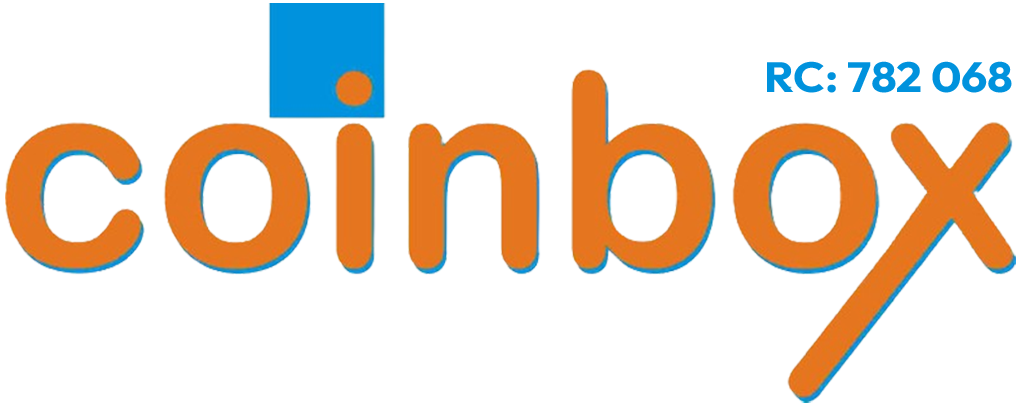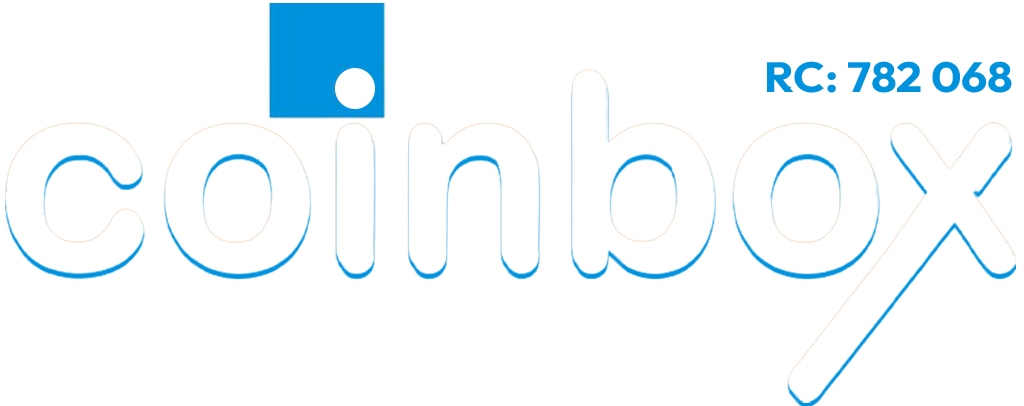THE FUTURE OF WORK AND REMOTE LEADERSHIP
The future of work is undergoing a fundamental transformation, driven by a confluence of technological advancements, evolving employee expectations, and a global shift in how we define a workplace. At the heart of this change are two interconnected forces: the rise of hybrid and remote work models and the emergence of a new paradigm for leadership.
The New Work Landscape: Hybrid, AI, and Employee-Centricity
The traditional 9-to-5, in-office model is rapidly becoming a relic of the past. The future of work is a dynamic ecosystem built on flexibility and autonomy. Hybrid and Remote Work as the Norm: The pandemic accelerated a trend that was already in motion, making hybrid and remote arrangements a permanent fixture for many organizations. This allows companies to tap into a global talent pool, while employees gain greater control over their work-life balance.
The Rise of AI and Automation: Artificial intelligence is not just a tool; its a collaborator. AI and automation are taking over routine, repetitive tasks, freeing up employees to focus on strategic, creative, and high-value work. This shift redefines roles and places a premium on uniquely human skills like critical thinking, empathy, and creativity.
A Focus on Employee Well-being: The future workplace is human-centric. There’s a sharper focus on employee well-being, mental health, and work-life balance. Leaders are increasingly recognizing that a burned-out workforce is an unproductive one, leading to new initiatives like the four-day workweek and flexible schedules.
The Challenge of Remote Leadership
The shift to a remote and hybrid work model presents a significant challenge for leaders who are accustomed to in-person management. The physical distance between team members creates new complexities that can lead to a breakdown in communication, a decline in team cohesion, and a loss of connection. Leaders must adapt their approach from traditional oversight to a more deliberate, empathetic, and trust-based style.
The Core Challenges of Remote Leadership
The primary difficulties for leaders in this new work landscape are not just logistical but also psychological and cultural.
Erosion of Trust and Connection: Without the spontaneous interactions of a physical office, building and maintaining rapport can be difficult. Leaders may feel a loss of control, leading some to resort to micromanagement, which is counterproductive and erodes the very trust needed for a distributed team to thrive.
Communication Gaps: Remote communication often relies heavily on text, which lacks the nuance of tone, body language, and non-verbal cues. This can lead to misunderstandings, misinterpretations, and a sense of isolation among team members.
Maintaining Company Culture: Building and sustaining a unified company culture becomes a significant challenge when employees are not in the same physical space. The informal traditions and shared experiences that bond a team are much harder to replicate virtually.
Equity and Inclusion: Leaders must be intentional about ensuring that remote employees have the same opportunities for mentorship, visibility, and career advancement as their in-office counterparts. Failing to do so can create a two-tier system.
he New Blueprint for Effective Remote Leadership
To thrive in this new environment, leaders must evolve their skill set and adopt new strategies. The focus must shift from managing tasks to empowering people.
Leading with Empathy and Trust: The most successful remote leaders are those who build a culture of trust and autonomy. They focus on outcomes rather than hours worked, empowering their teams to manage their own time and deliver results. This requires a high degree of emotional intelligence to understand and support the individual needs of each team member.
Intentional Communication: Effective remote leaders are masters of communication. They establish clear protocols for which tools to use and when, schedule regular and focused check-ins, and default to asynchronous communication for non-urgent matters. They also make a point of using video calls for sensitive or complex discussions to ensure clarity.
Fostering Virtual Cohesion: Leaders must be proactive in creating opportunities for connection. This involves scheduling both formal team meetings and informal virtual social events like coffee chats or games. The goal is to create digital watercoolers where spontaneous interactions can still happen.
Leveraging Technology as a Partner: The future of work is powered by technology. Leaders must embrace tools that facilitate seamless collaboration, project management, and communication. This also involves guiding their teams on how to use AI and automation to their advantage, viewing technology not as a threat but as a productivity enhancer.
What is the role of Coinbox Limited in enabling this for your organisation?
This approach focuses on three core pillars: –
-
Strategic Transformation
-
Leadership Empowerment
-
and Technological Integration.
-
1. Strategic Transformation:
-
Redefining the Workplace The future of work is not just about where people work, but how they work. Coinbox Limited could help companies with a strategic shift by: Developing a Hybrid Work Policy: Work with companies to design and implement a flexible hybrid model that aligns with their business goals. This involves defining which roles can be remote, how in-office time is used for collaboration, and establishing clear guidelines for communication and team cohesion.
-
Auditing and Redefining Culture: Help clients identify their core values and translate them into a remote or hybrid environment. This involves creating new rituals and norms, such as virtual coffee breaks, remote team-building activities, and recognition programs that foster a sense of belonging and psychological safety from a distance.
-
Optimizing the Employee Lifecycle: Re-engineer key processes from recruitment to offboarding. This includes creating a seamless remote onboarding experience, designing performance management systems that are fair and effective for a distributed team, and ensuring equitable career progression opportunities for all employees, regardless of their location.
-
2. Leadership Empowerment: Equipping Remote Leaders. Remote leadership requires a fundamentally different skill set than in-person management. Coinbox Limited could offer specialized training and support to help leaders navigate this new paradigm:
-
Training in Empathy and Trust-Based Leadership: Deliver workshops that teach leaders how to manage with empathy, trust their teams to deliver results without micromanaging, and build strong professional relationships through intentional communication.
-
Mastering Virtual Communication: Provide coaching on how to run effective virtual meetings, deliver constructive feedback through a screen, and use both synchronous (video calls) and asynchronous (email, messaging) communication tools to their full potential.
-
Conflict Resolution in a Digital Space: Teach leaders how to identify and address conflicts remotely. This involves creating safe channels for discussion and using a structured approach to mediate disagreements, preventing small issues from escalating.
-
3. Technological Integration: Leveraging the Right Tools Technology is the backbone of remote work. Coinbox Limited could guide companies in selecting and implementing the right tools to ensure a smooth transition: Unified Communication Platforms: Recommend and help integrate a suite of tools for project management (like Asana or Trello), real-time communication (like Slack or Teams), and video conferencing (like Zoom or Google Meet).
-
Data Security and Privacy: Advise on implementing robust cybersecurity measures to protect company data in a distributed environment. This includes setting up secure networks, providing employee training on data protection, and ensuring compliance with relevant regulations.
-
Analytics and Productivity Monitoring: Help companies use non-invasive analytics to measure team productivity and well-being. This allows leaders to identify bottlenecks and support employees effectively, without resorting to intrusive monitoring.
-
By focusing on these three areas, Coinbox Limited could provide a holistic solution that not only helps companies survive the shift to remote work but also gives them a competitive advantage in attracting and retaining top talent in the modern era.
-
Contact us today!!! https://www.coinboxlimited.com.ng, info@coinboxlimited.com.ng , coinboxlimited@gmail.com +2349093929847.





